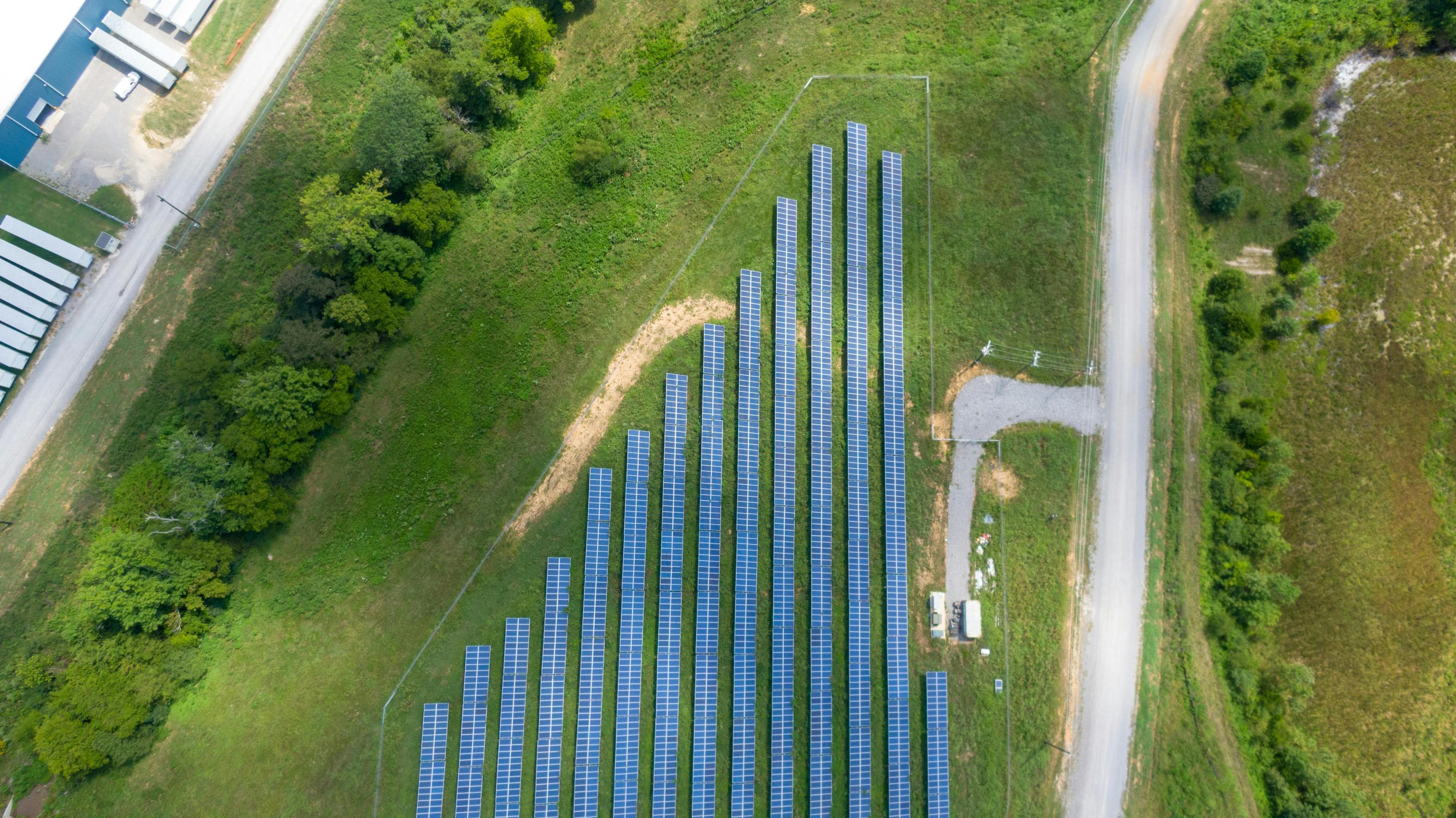
United Kingdom (Enmaeya News) — According to The Times, The expansion of large-scale solar farms in Britain has sparked debate between those advocating for farmland preservation and proponents of rapid renewable energy deployment. The Cottam solar project, set to become the largest solar farm in Britain, will cover 2,800 acres and is part of a broader plan to generate 2.5 gigawatts of electricity across five projects. While the government sees these developments as essential to achieving 95% clean energy by 2030, local residents like Simon Skelton and the protest group 7000 Acres argue that solar farms should be placed on rooftops and brownfield sites instead of agricultural land. A University College London study supports this idea, indicating that warehouses and homes have space for 117 gigawatts—far more than needed to meet solar targets. However, experts highlight infrastructure constraints, as grid connections are often located in greenfield areas, making farmland projects more cost-effective. Moreover, solar farms are significantly cheaper to install at scale compared to rooftop systems, making them a key component of Britain’s energy transition.
While public sentiment generally favors solar farms, opposition remains, with 195 MPs supporting a bill to limit their expansion in favor of rooftop solutions. Developers argue that large-scale solar is necessary because rooftop installations cannot meet national energy demands alone, particularly for people who cannot install solar panels on their properties. Critics, however, contend that planning laws should be relaxed to encourage more rooftop solar, making the transition less reliant on farmland. The government is considering financial incentives for households near solar farms, but some residents, like Skelton, believe compensation for declining property values would be more appropriate. Despite the controversy, both rooftop and large-scale solar are expected to play a crucial role in Britain’s clean energy future, balancing cost, efficiency, and environmental impact.



